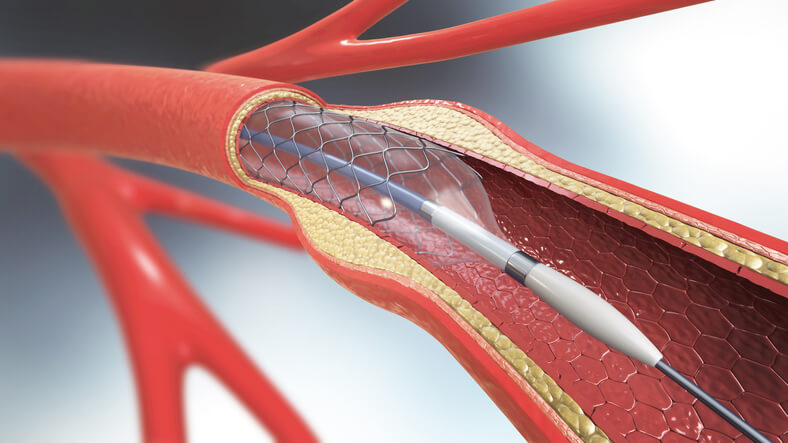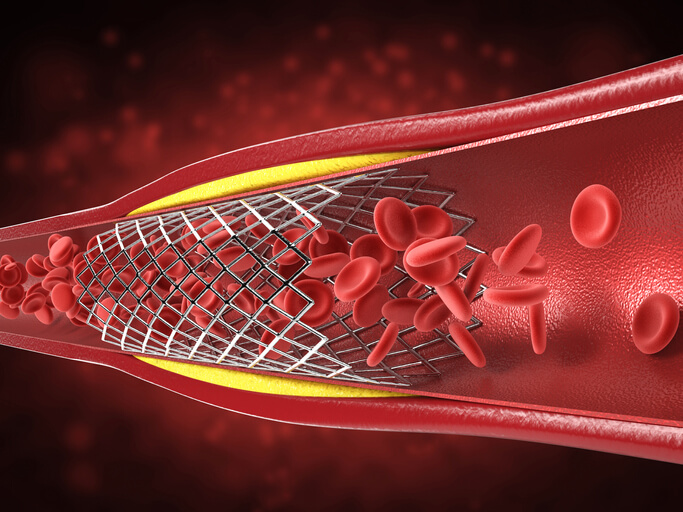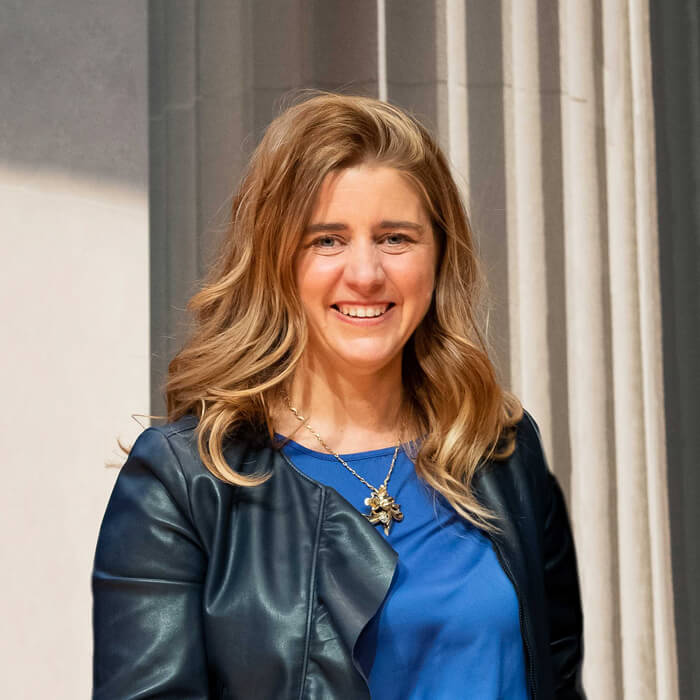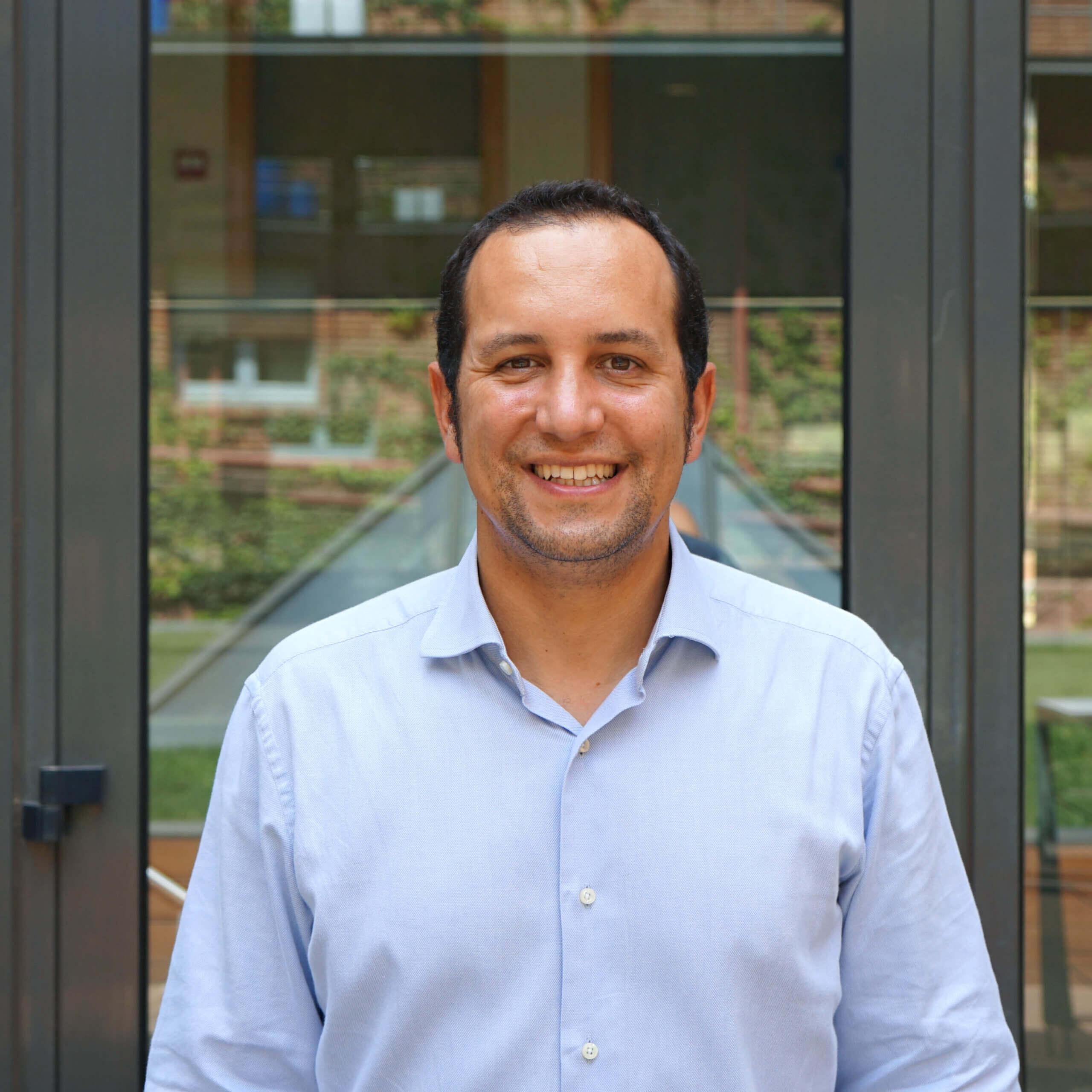The stent designed by the IQS Polycoarct project has been awarded by the Alliance for Pediatric Device Innovation as one of the six best pediatric devices in the “Make your Medical Device Pitch for Kids!” competition held at the MEDTech Conference in Toronto.
Polycoarct, One of the Winners of the Innovation Competition for Pediatric Cardiology
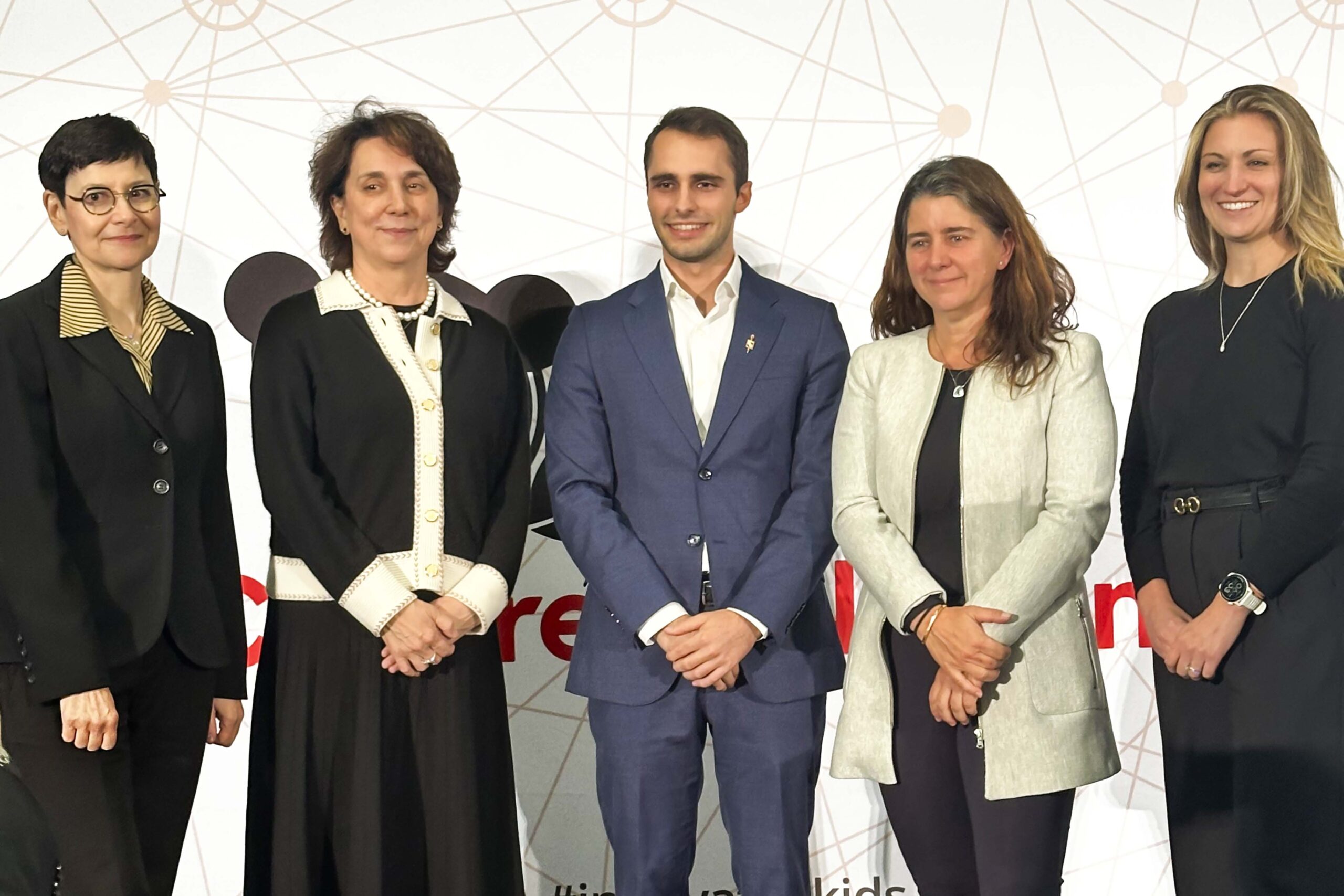
The stent designed in the project “Polymeric auxetic stent to treat pediatric aortic coarctation” – Polycoarct was one of the six winners of the international competition “Make your Medical Device Pitch for Kids!” organized within the 12th Annual Symposium on Pediatric Device Innovation at the MedTech Conference held in Toronto, Canada this past October. The competition was co-organized by the Alliance for Pediatric Device Innovation (APDI), a nonprofit consortium led by Children’s National Hospital and funded by the U.S. Food and Drug Administration (FDA), and Additional Ventures, a nonprofit focused on accelerating advances in research and improving clinical care for people born with single-ventricle heart defects.
The competition involved more than fifty innovative technologies for medical devices that address the unmet needs of children with heart problems. Polycoarct was one of six winners among the ten finalists who presented their medical technologies in front of a panel of experts. The representation of the technology developed by Polycoarct, as well as the reception of the award, was done by Dr Mercedes Balcells Camps, an IQS professor and researcher at MIT, and Francesc Canalejo Codina, an international doctoral student at IQS who is doing his doctoral thesis within the framework of this project.
The Polycoarct project is led by Dr Mercedes Balcells Camps and Dr Jordi Martorell López, researchers in the Vascular Engineering and Applied Biomedicine Group (GEVAB) at IQS, with the collaboration of the Industrial Engineering Group (GEPI) at IQS, the Institute for Medical Engineering and Science at the Massachusetts Institute of Technology (MIT), and the Biomaterials, Biomechanics, and Tissue Engineering Research Group (BBT) at the UPC. The group’s objective is to develop a new generation of polymeric stents adapted to the arterial growth needs of children affected by aortic coarctation in order to reduce or avoid new surgical interventions.
A great opportunity to consolidate the technology
El premio otorgado a Polycoarct se invertirá en lleva a cabo un estudio de datos clínicos en diversos centros de cardiología pediátrica en Estados Unidos, donde podrán hacer demostraciones in situ de su nueva tecnología y presentar los beneficios que ofrece para el problema de la coartación pediátrica. Estas visitas, además, permitirán recibir información fundamental para el proceso regulatorio del dispositivo y para la adopción clínica de esta tecnología revolucionaria.
The prize awarded to Polycoarct will be invested in conducting a clinical data study at various pediatric cardiology centers in the United States, where the researchers will be able to demonstrate their new technology in situ and present the benefits it offers to the challenge of pediatric coarctation. These visits will also provide fundamental information for the regulatory process of the device and for the clinical adoption of this revolutionary technology.
At the same time, these relationships and visits with hospitals will make it possible to collect real clinical data from patients with this cardiac pathology, which will help adapt and customize implant technology to the specific pediatric needs of each patient, thus increasing their clinical success rate.
In addition, Polycoarct will receive access to support services and technical expertise through APDI and Additional Ventures in areas including engineering, regulations, clinical trial design, anddata science services.
In the words of Francesc Canalejo, “it is a great pleasure to receive recognition from the APDI. This encouragement means great progress to reduce the gap between the scientific development and the clinical application of our device, and thus being able to generate a positive impact on the lives of many children affected by congenital heart diseases.”











